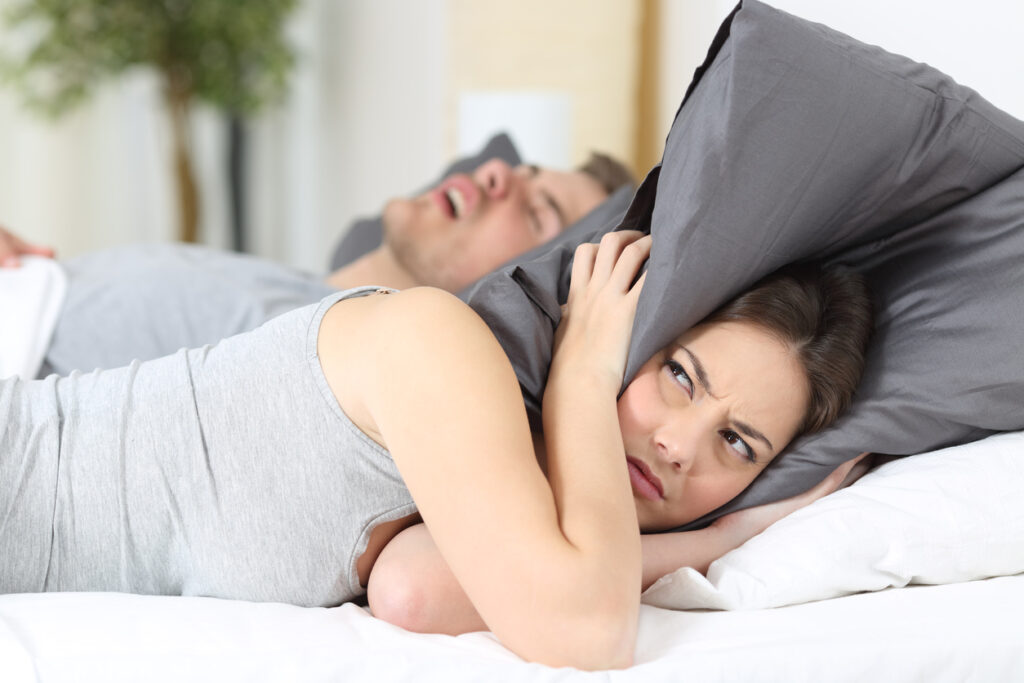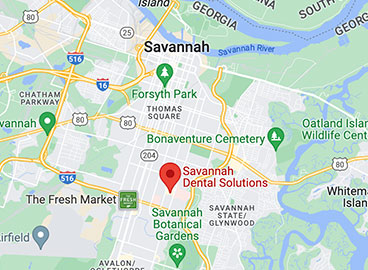
Sleep apnea is a common sleep disorder that affects up to a billion people worldwide. Although it is more common in men or the elderly, its causes are varied and anyone can be diagnosed with the condition. If your nights are accompanied by complaints of loud snoring and mornings with a lack of energy or irritability, you may have sleep apnea.
What is Sleep Apnea?
Sleep apnea is a disorder in which breathing is stopped while asleep. These interruptions can occur suddenly throughout the night. There are three main types of sleep apnea:
- Obstructive sleep apnea, (OSA) the most common form of apnea. It is caused by soft tissue restricting airflow in the throat while the body relaxes during sleep.
- Central sleep apnea, (CSA) in which respiration becomes erratic by imbalances in the brain’s respiratory control system.
- Mixed sleep apnea, (MSA) a combination of OSA and CSA. Also known as Complex Sleep Apnea, it is a fairly rare condition usually detected by initial treatment of OSA.
Am I At Risk of Getting Sleep Apnea?
There are a large variety of factors that can cause sleep apnea to occur. People are more likely to have sleep apnea if they have:
- A family history of sleep apnea
- Constricted facial features like a narrow jaw, chin, or enlarged tongue
- Seasonal or chronic allergies
- Upset stomach, indigestion issues or acid reflux
- Diabetes or a family history of the condition
- Habits like smoking or vaping
- Lung diseases like bronchitis or asthma
- A history of alcohol consumption on a regular basis
- Neurological diseases such as Alzheimer’s
- Consistent use of muscle relaxants or sedatives
How Can I Tell If I Have Sleep Apnea?
Regardless of which type of sleep apnea you may have, all have some noticeable and clear warning signs you can recognize:
- Loud snoring, snorting, or choking during sleep. This is the most common symptom of sleep apnea.
- Pains and headaches
- Dry mouth and irritated lips
- Insomnia, or difficulty staying asleep
- Excessive daytime sleepiness, (EDS) also known as hypersomnia
- Changes in mood or irritability during the day
- Shifts in alertness and focus
What Are the Long Term Effects of Sleep Apnea?
If left untreated, sleep apnea can cause the following complications:
- Impairment of motor function and decision making
- Permanent changes in mood or depression
- Hypertension or high blood pressure
- Heart problems caused by high blood sugar and cholesterol levels
- Liver damage
- Diabetes
- Higher risk of accidents while operating machinery
What Can I Do If I Think I Have Sleep Apnea?
If you believe you are suffering from sleep apnea, it may be a good idea to have a partner observe your sleeping habits and check for the most common symptoms of the condition. You can also record your sleeping habits on your own overnight. If sleep apnea is affecting your quality of life, the best course of action is to have a specialist examine the condition.
Are You Suffering From Sleep Apnea?
If you believe you may be suffering from sleep apnea, Savannah Dental Solutions can help. Our dedicated team provides a variety of services, and we strive to be the best choice for all of your dental health needs. Call us at (912) 354-1366 to schedule a sleep apnea consultation, or contact us online.


